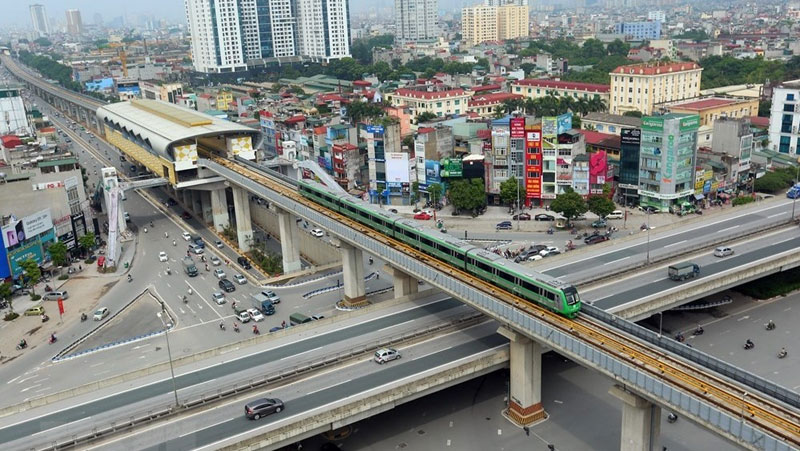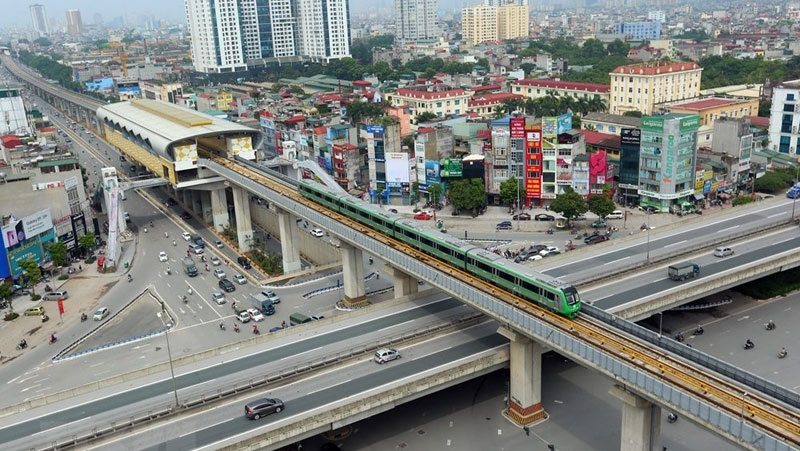
Prime Minister Nguyen Xuan Phuc has approved the sustainable smart city development plan for the 2018-2025 period and beyond towards 2030 with a view to improving the lives of city residents.

Hanoi is expected to become a smart city in the near future.
Under the
plan, four chains of smart cities will be formed centring on Hanoi, Da Nang, Ho
Chi Minh City and Can Tho.
The plan aims to build sustainable smart
cities that are based on green growth and sustainable development, utilising
the strength and potential of the cities in order to raise the living standards
of their residents.
Another target of the plan is to guarantee the
effective participation of residents and organisations in managing the smart
cities, to enhance the performance of government agencies, and increase the
cities’ competitiveness.
By 2020, Vietnam aims to complete the legal
foundation for smart city development and take preparatory steps to pilot the
project in a number of cities, and by 2025, the first phase of the pilot
project on smart city development will be implemented.
Source: NDO
According to data from the Hoa Binh Provincial Party Committee, the industrial production index for the first six months of 2025 is estimated to have increased by 20% compared to the same period last year. This marks the highest year-on-year growth rate for this period since 2020.
In the first six months of 2025, Hoa Binh province’s export turnover was estimated at 1.145 billion USD, marking an 18.11% increase compared to the same period in 2024. Import turnover was estimated at $ 804 million, a 17.15% increase, which helped the province maintain a positive trade balance.
The lives of the ethnic minority farmers in Tan Lac district have gradually improved thanks to the new directions in agricultural production. This is a testament to the collective strength fostered through the professional associations and groups implemented by various levels of the district’s Farmers’ Union.
With the motto the "product quality comes first,” after nearly one year of establishment and operation, Muong village’s Clean Food Agricultural and Commercial Cooperative, located in Cau Hamlet, Hung Son Commune (Kim Boi district), has launched reputable, high-quality agricultural products to the market that are well-received by consumers. The products such as Muong village’s pork sausage, salt-cured chicken, and salt-cured pork hocks have gradually carved out a place in the market and they are on the path to obtaining the OCOP certification.
In the past, the phrase "bumper harvest, rock-bottom prices" was a familiar refrain for Vietnamese farmers engaged in fragmented, small-scale agriculture. But today, a new spirit is emerging across rural areas of Hoa Binh province - one of collaboration, organisation, and collective economic models that provide a stable foundation for production.
Maintaining growing area codes and packing facility codes in accordance with regulations is a mandatory requirement for agricultural products to be eligible for export. Recently, the Department of Agriculture and Environment of Hoa Binh province has intensified technical supervision of designated farming areas and packing facilities to safeguard the "green passport" that enables its products to access international markets.



